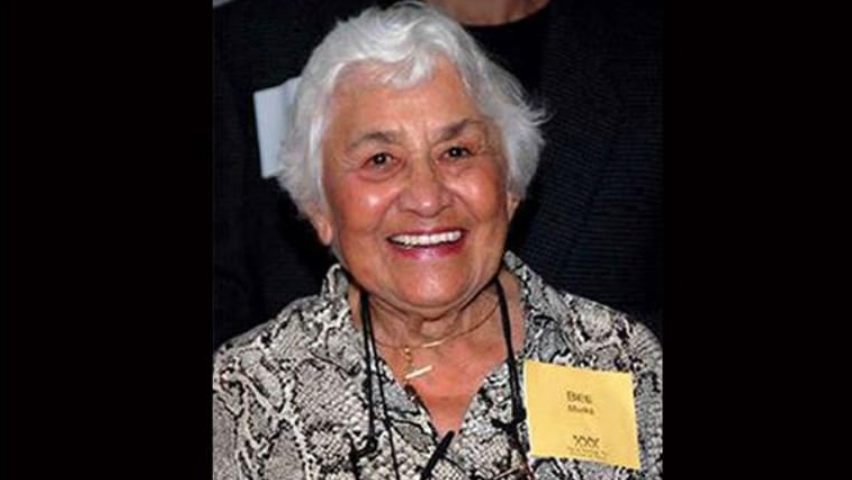What foods should be advertised to kids and how? With our nation’s obesity rates a major concern among health experts, the food industry has been preparing for the federal government’s release of voluntary industry guidelines – before the end of 2011 – that would govern how food is marketed to children.
That is . . . until Congress buried within a spending bill a delay in the release, until the federal government can study the guidelines’ costs.
The guidelines, to be issued by the Federal Trade Commission’s (FTC) Interagency Working Group, were to set maximum levels of fat, sugars and sodium for those foods companies marketed to children ages two through 17. The guidelines were also expected to limit the use of cartoon characters on cereal packages, television ads and product websites.
With the 2012 campaign heating up, politics may well have played a significant role in the holdup, which came about when members of the House of Representatives invoked an executive order, signed by President Obama earlier this year that requires the regulatory system to “protect public health, welfare, safety, and our environment while promoting economic growth, innovation, competitiveness, and job creation.” The executive order mandates that new regulations are based on the best available science, that they identify and utilize the least burdensome tools for achieving regulatory ends, and that they measure, and seek to improve, the actual results of regulatory requirements.
While the FTC could indeed conduct the required study and issue the proposed guidelines, it is regarded as highly unlikely, with the delay providing political cover for members of Congress and the administration, protecting them from charges of creating an overly burdensome regulatory environment during the 2012 election campaign.
So, for food companies waiting to see how the federal government weighs in when it comes to what they can say to Johnny – and how they may need to tailor their approach – this show is on “pause” – with no real indication of when it might once again hit “play.”


